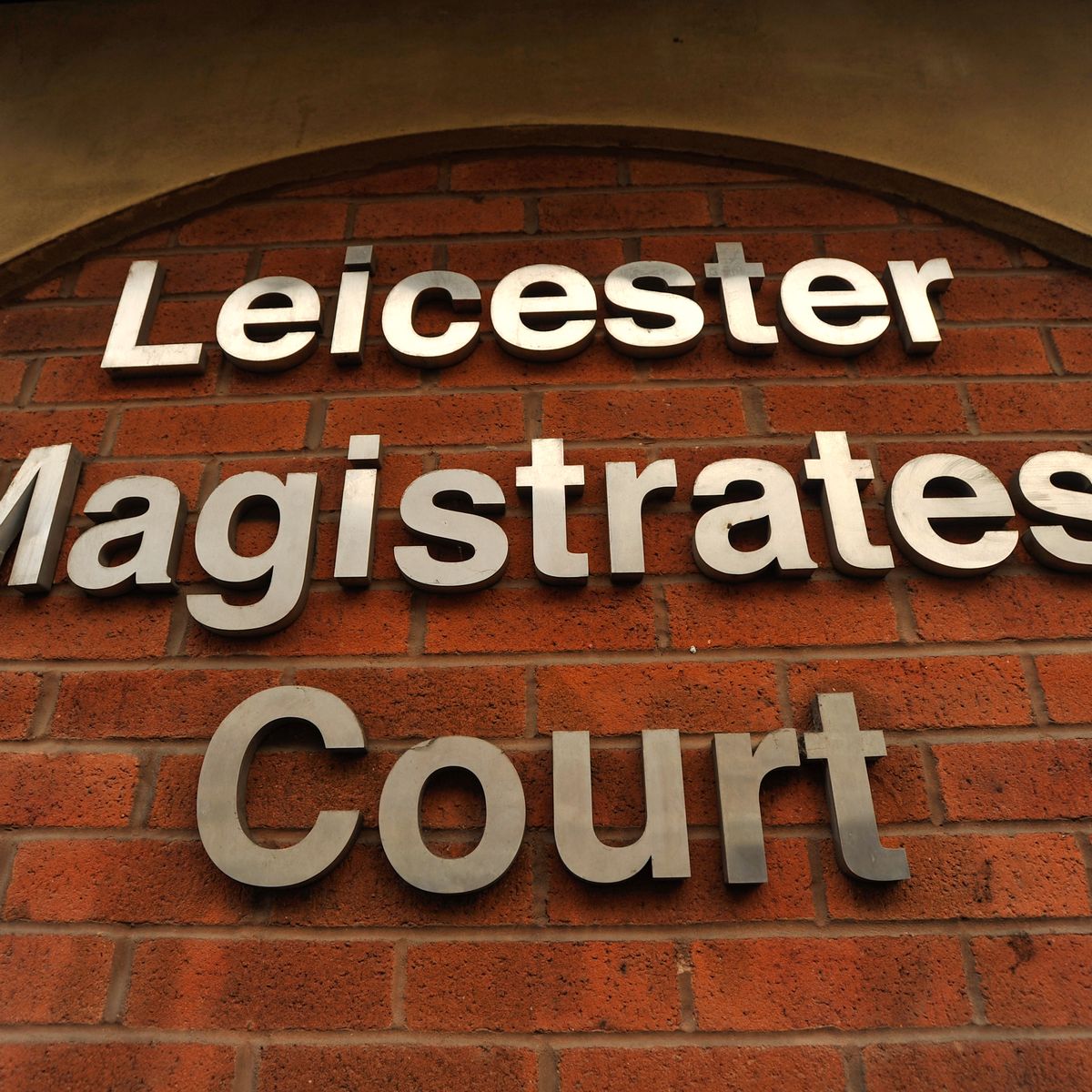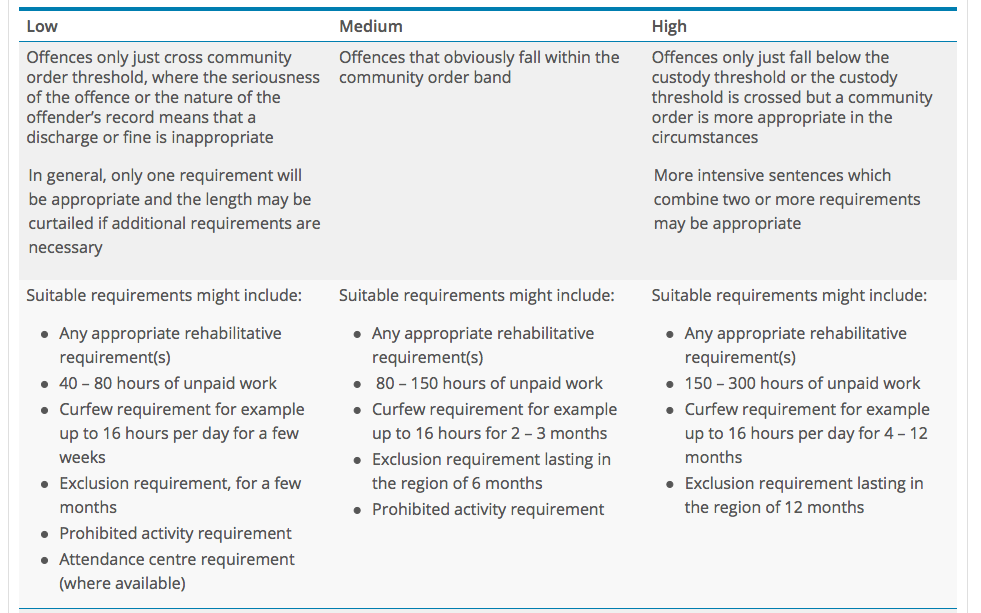BBC employees are being “encouraged” to put pronouns at the end of their emails and we look at the possible issues here. Is that a kindness that only a misanthrope could oppose, or is there more to it?
Compelled speech
The first issue is that of compelled speech. Pronouns are not neutral. The move towards declaration of pronouns presupposes that everyone “has pronouns”; which is to say that everyone has an inner gender identity, and being described by the pronouns he / him, she / her, they / them, zie / zem, or something else is an expression of that identity. It also suggests that there may be repercussions for failing to remember a colleague’s preferred pronouns.
This is a highly political position. At the moment, the law recognises two sexes (male and female) through s.212 Equality Act 2010, and that a person can change their legal sex from one to the other by operation of the GRA 2004. There is also established case law which recognises that a person’s gender can be central to their private life protected by Article 8. The law does not lay down that a) everyone has a gender or b) that gender is innate.
The concept of gender identity entered the legal lexicon with the Yogyakarta Principles. These Principles do not carry legal force, but have often been adopted as a convenient shorthand. They were drafted in response to global discrimination and persecution of LGBT people. The definition given of gender identity is this:
We can see two things from this: first, that it assumes that each person does have a deeply felt internal and individual experience of gender. Secondly, that it rather correlates to the Equality Act definition of gender reassignment, envisaging a process which may include medical modifications, rather than a simple declaration.
But the more commonly used definition in the UK is that provided by Stonewall through their training. You can see that Stonewall depart from the idea of reassignment altogether (it is described as “a term of contention” in their glossary). Here are their definitions of gender and of gender identity:
What does this mean? Three things: a) that everyone has an “innate” sense of gender; b) that “culturally determined” masculinity and femininity is innate to males and females; and c) that those who reject their culturally determined gender are at odds with their sex, while those who embrace it are aligned with their sex, and are “cis.”
This is a political, and controversial, perspective. There are many people, male and female, across the political spectrum, and across sexual orientations, who regard it as problematic. It is a particular issue for those women who reject culturally determined femininity as oppressive and sexist, and for whom the idea that it is innate to most women – and by extension, that for those to whom it is not innate are not fully women – is nothing more than reinforcement of harmful stereotypes.
It is from the belief that gender is innate that the drive to announce one’s pronouns stems, because pronouns then become an expression of individual gender rather than a convenient linguistic replacement for a proper noun.
Insisting that employees put pronouns into their signature therefore leaves women who do not accept innate gender theory in a dilemma. They must either comply, aligning themselves with a political position they disagree with; or else reveal their political views in the workplace, which carries a risk of adverse consequences. We know that the popularity of innate gender theory means that those who take the contrary view may be visited with vile abuse, reported to their regulator, complained about to their employer, or even fired – so a woman who opposes innate gender theory may nevertheless feel obliged to comply through fear of losing her employment or being socially ostracised.
Some will suggest that this is acceptable – that to reject the notion of innate gender is so repugnant that those who do so must expect to face adverse consequences. They may point to EJ Tayler’s judgment in Maya Forstater’s case that gender critical beliefs did not qualify as a protected characteristic under the Equality Act 2010 for that reason. There are two answers to that. The first is that a first instance employment tribunal judgment has no weight as precedent, and this particular judgment is under appeal, and seems likely to be overturned. The second is that there is a great difference between disciplining an employee or treating them adversely because they voluntarily express opinions that they know to be controversial on the one hand, and forcing employees to sign up in public with a political statement that they may find profoundly objectionable.
A belief that gender identity is innate may also be quasi-religious; the concept that each of us has an inner being, a soul, which is gendered, contained inside the mortal flesh which has a reproductive sex that may not match that gender. As the MP Layla Moran said, “I believe that women are women…. I see someone in their soul and as a person. I do not really care whether they have a male body.”
It has long been held that the freedom to believe is matched by the freedom to disbelieve, not just for outright atheists but also ‘sceptics and the unconcerned;’ as per §31 of Kokkinakis v Greece (1994) 17 EHRR 397:
“As enshrined in article 9, freedom of thought, conscience and religion is one of the foundations of a ‘democratic society’ within the meaning of the Convention. It is, in its religious dimension, one of the most vital elements that go to make up the identity of believers and their conception of life, but it is also a precious asset for atheists, agnostics, sceptics and the unconcerned. The pluralism indissociable from a democratic society, which has been dearly won over the centuries, depends on it.”
Freedom to disbelieve in the context of political, not just religious, scepticism was considered in RT (Zimbabwe) & Ors v Secretary of State for the Home Department [2012] UKSC 38. The Court commented that “As regards the point of principle, it is the badge of a truly democratic society that individuals should be free not to hold opinions. They should not be required to hold any particular religious or political beliefs…. One of the hallmarks of totalitarian regimes is their insistence on controlling people’s thoughts as well as their behaviours.” The Appellants, who were politically indifferent, were protected as they could not be expected to assert loyalty to the Zanu-PF regime in Zimbabwe against their true views.
RT (Zimbabwe) was cited in the more recent case of Lee v Ashers Baking Company Ltd & Ors (Northern Ireland) (Rev 1) [2018] UKSC 49 (often described as “the gay cake case.”) The bakery could not be compelled to ice a message “with which they profoundly disagreed” onto a cake. It is difficult to see how an employee could be compelled to align themselves with a perspective with which they profoundly disagree in their email signature.
Sex Discrimination
The next issue is whether a female employee encouraged or compelled to declare pronouns could legitimately argue that this discriminates against her, directly or indirectly, because of her sex.
We know that sexism in the workplace is far from over. Conscious or unconscious bias operates against women. This example, from 2017, illustrates the point: when Nicole and Martin swapped email signatures, they learned that “Nicole” would be perceived as far less competent than “Martin” by clients. Without that sexism, if Nicole truly had been less competent, she would still have been regarded as such when signing off as Martin – and yet that is not what happened.
In 2019, the Royal Society of Chemistry undertook an analysis of gender bias publishing in the chemical sciences. It recognised that biases were “subtle” and could be “inadvertent.” Women were invited to review less often, their work was more harshly received, their initial submissions more frequently rejected. These “small biases” led to a “significant cumulative effect.”
The RSC are not the only organisation to have done such research. Others have found similar results, and of course there are numerous articles spanning the last decade or more which find that CVs with a female name get poorer results than the same CV carrying a male name. CV writing services recommend against including gender on the CV – a practice which used to be common and is now recognised as archaic. Race is also a factor – although for now at least, nobody is suggesting we declare our race at the bottom of email signatures.
And it is not just the recipient of the email who may be unconsciously biased against a female sender. The female sender herself may be subject to ‘stereotype threat.’ This is where a person is reminded of membership of their group and then under-performs; for example, women who were told that women do worse than men in maths tests then really did perform significantly worse in a maths test than women who were told there was no difference in performance (Cordelia Fine, Delusions of Gender, p.32-33). Even being reminded of one’s own sex at the beginning of a test can have the same effect (ibid, p32).
It would seem that women who are compelled to declare female pronouns in their signatures may be vulnerable to stereotype threat and also to unconscious bias on the part of the recipient of the email, thereby entrenching those biases further.
This does not mean that any woman whose workplace initiates a pronoun policy has an automatic, unassailable, claim. An employer might defend the claim by arguing that they are aware of the negative impact on women but that it is justified as a proportionate means of achieving its legitimate aim of trying to create an inclusive work environment. Argument and evidence would then centre on balancing the potential harms and benefits of the policy. It would be relevant, for example, if the employer was already struggling with recruitment and retention of women, or if there were a male / female disparity in sales commission. The ‘compelled speech’ aspect of the policy would also be relevant to this balancing exercise.
Summary
It should go without saying that if an employee is beginning gender reassignment and wishes their colleagues to use a different pronoun for them, they should be supported to do so. There are rightly prohibitions on victimisation and harassment on the grounds of gender reassignment. That person may wish to send an email round-robin with their news, or may wish to have their pronouns in their email; an employer should not prevent that. However, when the BBC’s guidance suggested that all employees should put pronouns in their signature, and said “It’s really simple,” that was, we suggest, premature, and may be experienced as coercive. And when they speak of “creating a culture where everyone feels comfortable introducing themselves with pronouns” they should also consider whether they might be inadvertently creating a culture where those with the she/her pronouns experience discrimination as a result of their sex.








